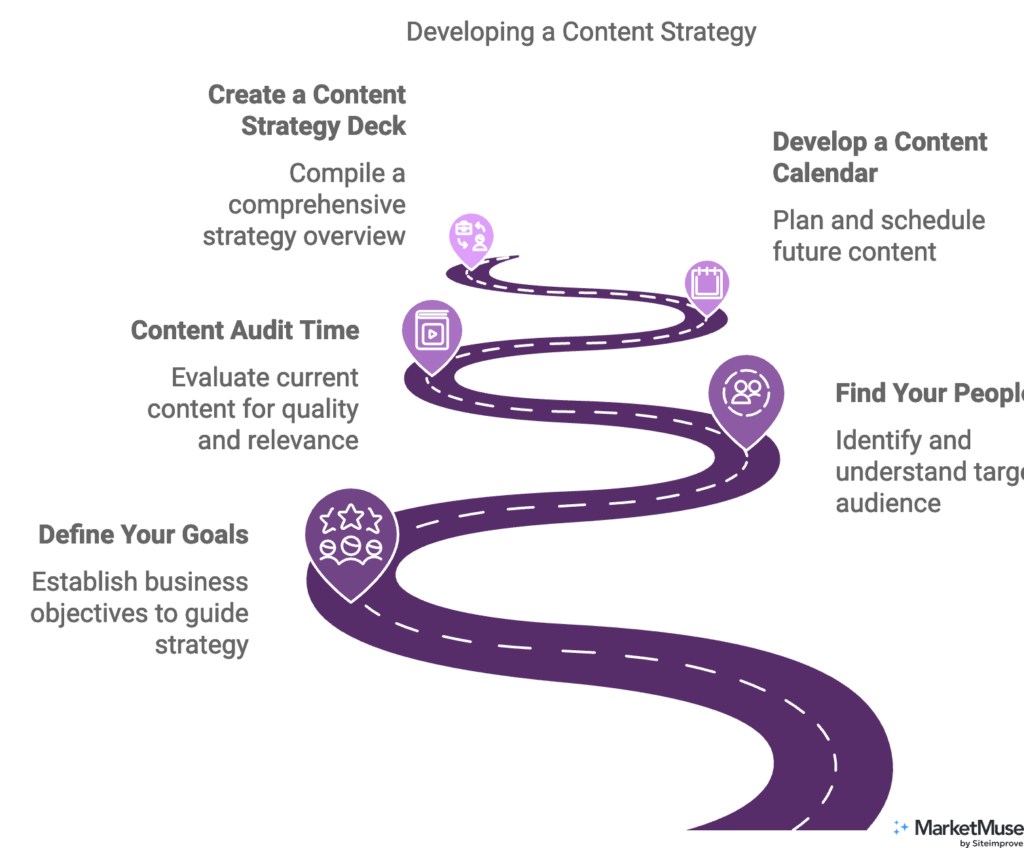Strengthening Business Security in a Changing World
In today’s fast-paced and unpredictable business environment, security has become more than just a precaution—it’s a necessity. Companies of all sizes are recognising that safeguarding their premises, employees, and assets is not only about protecting against theft but also about creating a culture of safety and accountability. With evolving threats, from cyberattacks to physical break-ins, businesses must adopt comprehensive strategies to keep their operations secure and resilient.
Security today goes beyond locks on doors or traditional alarm systems. The modern landscape requires a multi-layered approach that considers both physical and digital vulnerabilities. Employers must ensure that the workplace is safe for staff, that customers feel comfortable on the premises, and that operational data is kept confidential. The financial and reputational costs of failing to address these issues can be severe, making proactive investment in security a business priority rather than an optional extra.
One of the most significant shifts in the security world is the increasing reliance on integrated systems. Technology allows businesses to merge different forms of protection into a single strategy, whether it’s access control, digital monitoring, or live alerts. For example, a retailer may pair entry card systems with digital surveillance to reduce shoplifting, while a logistics company could combine tracking software with on-site monitoring to safeguard shipments. This interconnected approach not only deters crime but also ensures that evidence is readily available should incidents occur.
The role of employees in maintaining security cannot be overlooked. Training staff to identify suspicious behaviour, handle emergency situations, and follow secure practices contributes to a stronger defensive line. Many companies are also turning to professional security audits, which help identify potential blind spots and recommend solutions before vulnerabilities can be exploited. By taking a proactive stance, businesses can foster an environment where both workers and customers feel protected.
Another important factor in business security is adapting to location-specific risks. Urban offices may face issues such as vandalism or burglary, while rural sites might have to contend with trespassing or equipment theft. Customising solutions to fit the setting ensures efficiency, avoids unnecessary costs, and maximises safety outcomes. Insurance providers also take note of these measures, often offering better premiums to businesses that demonstrate a strong commitment to security.
A particular area gaining traction is the use of advanced surveillance technology. Many organisations are now investing in commercial CCTV camera systems as part of their security strategy. These systems provide real-time monitoring, high-definition evidence collection, and the ability to oversee multiple areas simultaneously. They not only deter potential criminals but also provide peace of mind for employees working late hours or in isolated locations. As technology improves, features such as motion detection, remote access, and AI-powered analytics are making surveillance more powerful and user-friendly than ever before.
Of course, technology alone is not the full solution. It works best when paired with clear policies and human oversight. Businesses that rely too heavily on gadgets without proper planning may find themselves with systems that look impressive but fail to deliver. Setting clear goals—whether that’s reducing theft, improving safety, or monitoring compliance—ensures that investments in security technology yield real returns.
Beyond the business itself, strong security practices contribute to the wider community. A company that protects its property also helps reduce crime in the area, boosting the sense of safety for neighbouring organisations and residents. This has a knock-on effect of making commercial zones more attractive for investment, contributing to local economic growth. In this way, robust security isn’t just a business asset—it’s a community responsibility.
As threats continue to evolve, the businesses that thrive will be those that remain adaptive. Security strategies must be reviewed regularly, ensuring they keep up with technological advancements, changes in staff, and new industry regulations. By investing in comprehensive security measures, companies demonstrate not only responsibility to their stakeholders but also long-term commitment to resilience and growth.
In conclusion, strengthening business security requires foresight, planning, and a willingness to adapt. By integrating technology, training staff, and tailoring solutions to specific needs, organisations can build strong defences against today’s challenges. Security should not be seen as a cost but as a vital investment—one that safeguards assets, protects people, and enhances reputation. For businesses looking to succeed in a changing world, making security a top priority is not negotiable—it’s essential.














Post Comment